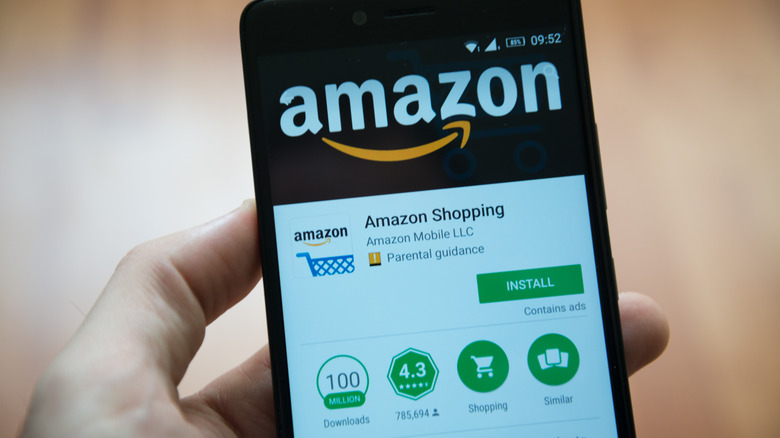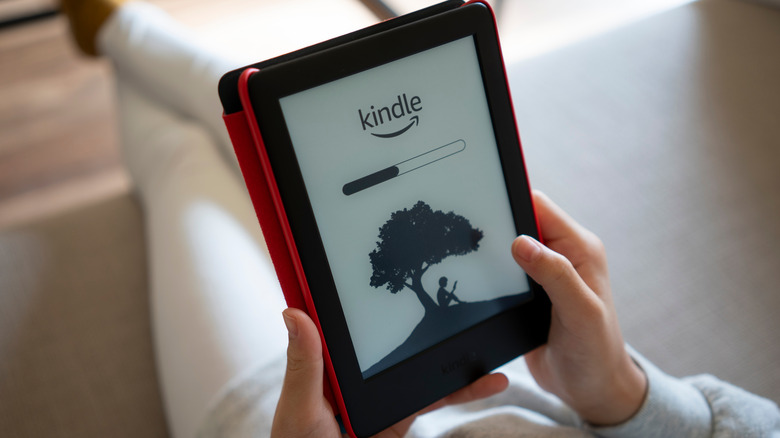Amazon Just Made A Big Android Change To Evade Google's Fees
The media frenzy and legal proceedings may have died down a bit, but the controversy surrounding app stores and digital content distribution channels still rages on, often behind the scenes and with hushed tones. For example, Google has put its foot down hard on its 30% tax, though it is only putting pressure on large companies, not indie developers and content creators. Unfortunately, it's end-users who will get the short end of the stick as usual, especially when they are forced to change their habits and workflows because companies on either side are playing a tug-of-war on profits and fees, no matter the consequences for their customers.
The 30% cut that app stores like Apple's App Store and the Google Play Store take has always been a controversial and highly contested one. In recent years, some of these platforms reduced those fees but only for a certain class of apps and developers. Compounding matters is how these stores traditionally required that apps only use their first-party billing system for every in-app purchase made. While many courts have practically ruled those monopolies illegal, Google is ironically going in the opposite direction and enforcing its Google Play Billing.
It has always been Google Play's rule that any app offering digital purchases should use Google Play Billing, but the company only started enforcing that last month. The one concession Google made is that the usual tax has been reduced to 15% but only for the first $1 million earned each year. Anything above that $1 million limit means the developer or company will have to fork over the full 30%, which is why the likes of Amazon are suddenly changing the way users can access or buy digital content.
Avoiding the Google tax
According to the BBC, Amazon is making a major change to how its shopping app on Android works, basically blocking users from purchasing and downloading digital content through the app. Instead, those users will have to either access ebooks from the separate Kindle app or use a web browser to download any other kind of digital content. Curiously, streaming videos and music from the shopping app is still allowed.
On the one hand, this now puts the Android app on the same level as the iOS app, which never allowed downloading ebooks from the shopping app right from the start. That is due to the same fees imposed by Apple and, now, Google. Buying content from the Kindle app still works as normal, though it's possible that could change soon, as well.
In response to new laws and court rulings, Google and Apple are allowing third-party or external billing systems to be used by apps that they distribute, but with some catches. For example, Google still exacts a small fee even if an app uses a different payment system, which could make the whole thing moot and academic anyway. These new policies are forcing content providers such as Amazon, Kobo, and even Netflix to reconsider their business strategies on Android, though some like Spotify claim to have been able to strike a lucrative compromise with Google to be exempted.

